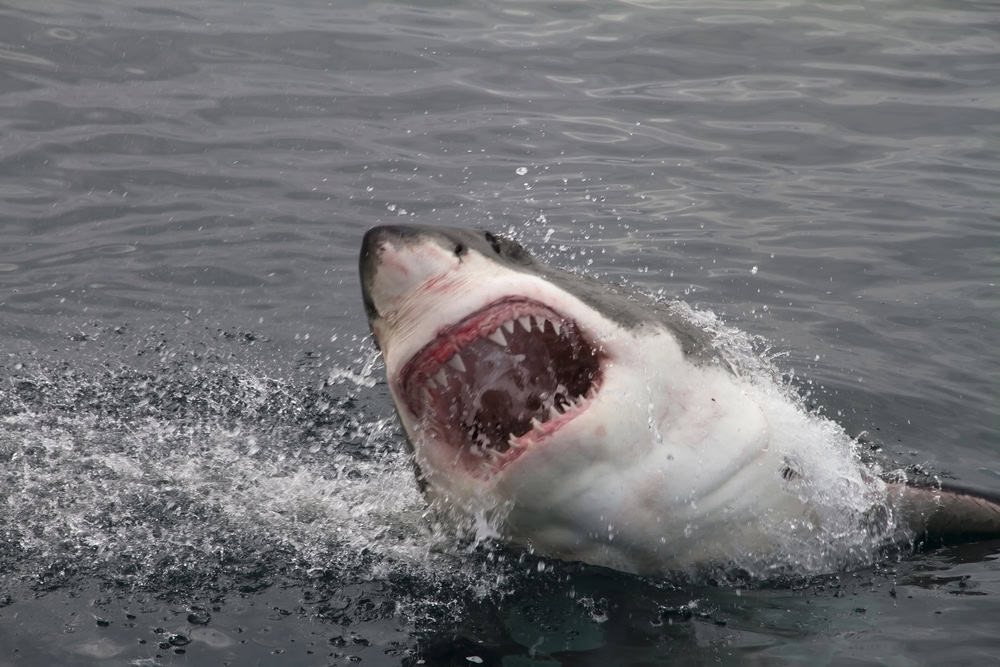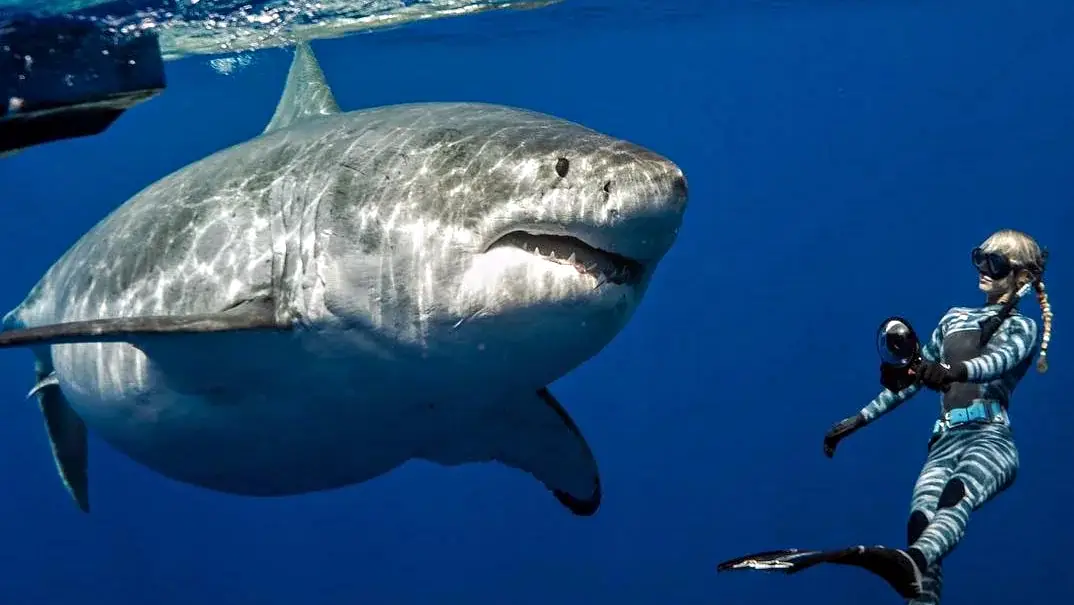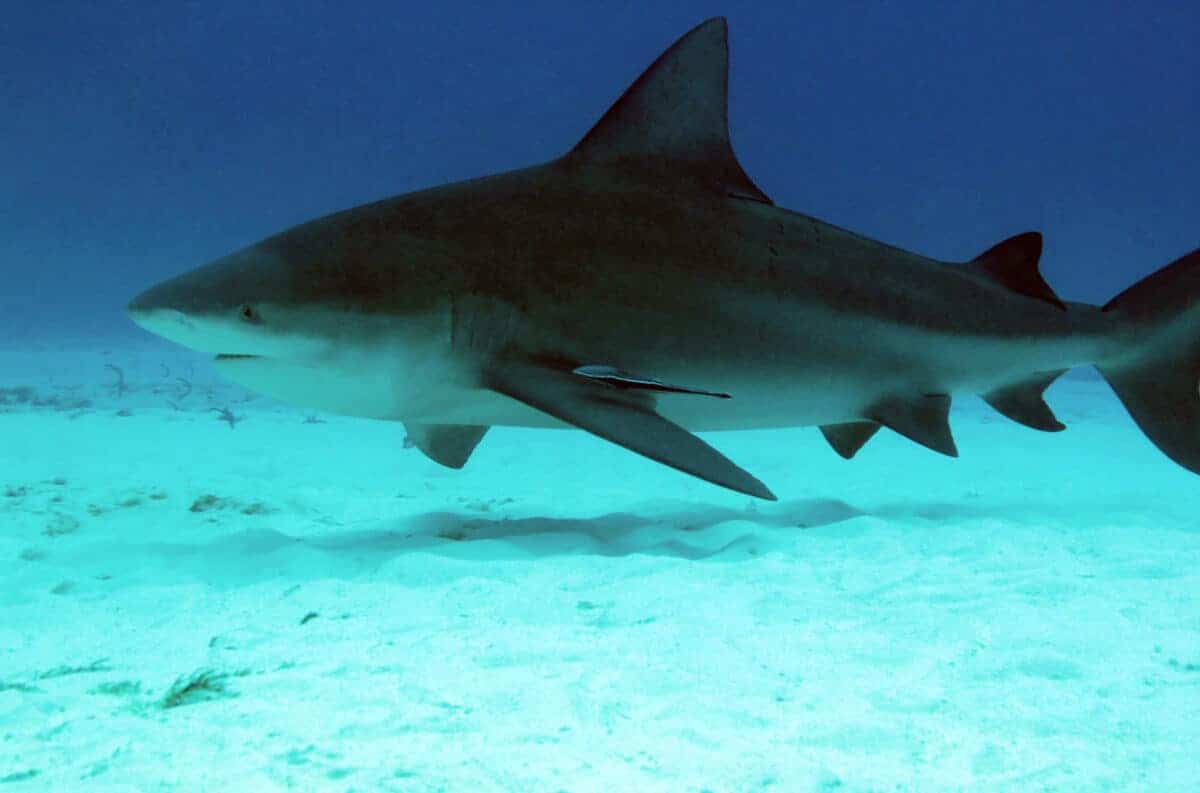Sharks have long been cast as the villains of the ocean. From terrifying headlines to Hollywood blockbusters like Jaws, they’ve been painted as merciless predators lurking in the depths, waiting to attack unsuspecting swimmers. But how much of this reputation is rooted in reality? This article dives deep into the facts and fiction surrounding sharks, exploring whether they truly deserve their reputation as dangerous killers or if they’ve been unfairly maligned.
The Shark Controversy: Nature vs. Misrepresentation

Sharks are some of the most fascinating creatures on the planet. With over 500 species ranging from the gentle whale shark to the elusive goblin shark, these animals have existed for over 400 million years, predating dinosaurs. Despite their ecological importance and evolutionary resilience, sharks have become one of the most misunderstood groups of animals. The controversy surrounding their reputation stems from a combination of human fear, media exaggeration, and genuine incidents of shark attacks.
Movies and sensational news stories have amplified the public’s fear, portraying sharks as mindless killing machines. However, the truth is far more complex. Sharks play a critical role in maintaining marine ecosystems, and their actions are often misunderstood or misrepresented. To truly grasp their nature, we must first understand why they behave the way they do.
Why Do Sharks Attack?

Shark attacks, though rare, do occur, leading many to question their motivations. Most shark attacks on humans are cases of mistaken identity. Surfers and swimmers splashing in the water can resemble seals or other prey that sharks typically hunt. In these cases, the shark is not targeting humans intentionally but rather acting out of instinct.
Another reason for attacks is curiosity. Sharks use their mouths to explore unfamiliar objects, and a “test bite” is often mistaken as an act of aggression. Additionally, environmental factors, such as fishing practices that lure sharks closer to shore or shifts in prey distribution, can lead to increased interactions between sharks and humans.
Experts also note that sharks are not inherently aggressive toward humans. In fact, they tend to avoid areas with significant human activity. Attacks are extremely rare, with an average of about 70 to 80 unprovoked shark bites reported globally each year—a minuscule number compared to the billions of human interactions with the ocean annually.
Are Sharks Inherently Dangerous?

Labeling sharks as inherently dangerous oversimplifies their behavior. Sharks are apex predators, which means they sit at the top of the food chain and play a vital role in regulating marine ecosystems. Their hunting instincts are essential for maintaining balance in the ocean, but these same instincts are often misinterpreted as aggression toward humans.
It’s important to remember that not all sharks are large or predatory. Many species, like the whale shark and basking shark, are filter feeders that pose no threat to humans. Even the more “dangerous” species, such as great whites, tiger sharks, and bull sharks, do not actively seek out human prey. The idea that sharks are inherently dangerous is a misconception fueled more by fear than by fact.
Insights From Experts

Marine biologists and shark conservationists argue that sharks have been unfairly demonized. According to a study published in Journal nature in 2021, fishing is the biggest threat to sharks worldwide. Co author of the study, Professor Nick Dulvy said “If we don’t do anything, it will be too late. It’s much worse than other animal populations we’ve been looking at. It’s an incredible rate of decline steeper than most elephant and rhino declines, and those animals are iconic in driving conservation efforts on land.”
Experts also emphasize that understanding shark behavior is key to reducing the already low risk of attacks. Strategies such as avoiding swimming during dawn and dusk (when sharks are most active) and steering clear of areas where sharks are known to feed can significantly reduce the likelihood of an encounter. Additionally, advances in shark deterrent technologies and better education about their behavior are helping to foster coexistence between humans and sharks.
Why Sharks Do Not Deserve Their Killer Reputation

Sharks are not the mindless predators they’re often portrayed to be. Their role in the ecosystem is invaluable: they control populations of prey species, which helps maintain the health of coral reefs and seagrass beds. Without sharks, marine ecosystems would face catastrophic imbalances.
Moreover, the fear of sharks has led to harmful practices, such as shark culling and finning, which have devastated global shark populations. These actions are not only cruel but also ecologically damaging. Protecting sharks and correcting misconceptions about their behavior are essential for the health of our oceans.
Conclusion: Dispelling the Myth of the Killer Shark

While sharks can be dangerous under certain circumstances, their reputation as ruthless killers is largely undeserved. These fascinating creatures are far more complex than the caricatures portrayed in popular culture. By understanding their behavior, appreciating their ecological importance, and addressing our own fears, we can begin to see sharks for what they truly are: vital, misunderstood members of the marine ecosystem.
In the end, sharks don’t deserve the dangerous reputation that’s been thrust upon them. Instead of fearing them, we should respect them—both for their role in nature and their sheer, awe-inspiring existence.
- 15 Most Breathtaking Hiking Trails Around the World - August 8, 2025
- Here’s What US Weather Can Expect in an Upcoming LA Nina Winter 2024 - August 8, 2025
- What Is a Virgo’s Secret Weapon and Complete Facts About This Earthy Perfectionist - August 8, 2025

